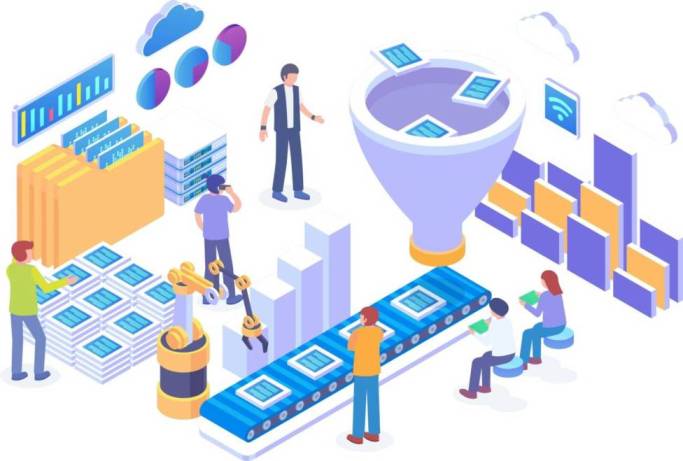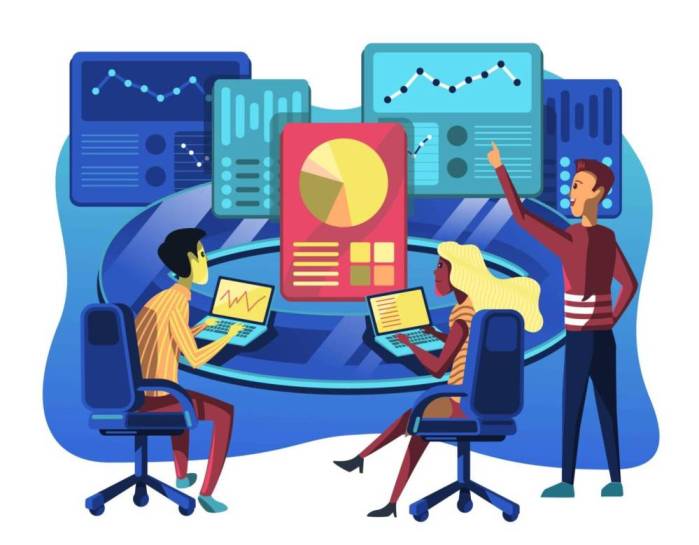
We all heard about information overload. These days, it is not about if you are learning but what are you learning. Continuing education, student-for-life, lifelong learning… all these terms mean the same thing and it is definitely the future of career. It also doesn’t matter if you are a trades person or an information worker, we got to keep learning if we want to stay relevant.
Companies understand just how lucrative this evolution for career development has become. They have created platforms like MOOCs, videos, blogs, pods and others to catch the long tail of learning. They have also created content but soon realize that the democratization of content creation works better and faster than them.
Now we have information overload for learning. So, how to select the right learning content in order to accomplish the two goals that most people have: 1. efficient use of learner’s time, 2. effective way to digest and apply lessons learned?
One answer to this question is collaborative filtering. Learners rely on trusted sources to help them predict what they should learn base on behaviors, preferences, interests and other factors. Just like how marketers try to understand what will sell next and how to position it through the use of segmentation, collaborative filtering groups learners into categories of like-people and uses AI algorithms to give them their predictive powers.
Learning institutions and EdTech vendors should leverage the powers of collaborative filtering to enable their services and their solutions in order to provide significant values to students. And now I chime in… 😊 My technical background is in data management and utilization. I have a Masters degree in Information Systems which is different from Computer Science (CS). My degree is a higher level one where we are taught to leverage IT to enable business performance. CS deals more with low level hardware / software manipulations.
I also have Business Intelligence software development and data warehouse management experiences. I understand how historical data is the life blood of all types of management decision support systems. I have several years’ experience in acquiring business requirements and create analytical dashboards and reports.
As an IT recruiter, I specialized in recruiting data scientists and statisticians and worked with Chief Data Scientists and Heads of Technology to understand how they use data to automate the prediction (with some accuracy) of future states. I have experience developing in AI technologies and understand how to assess good, successful use cases for these IT systems.
If you like to know more on where to find opportunities for these AI systems and how to implement them in cost effective ways, Let’s Talk!


